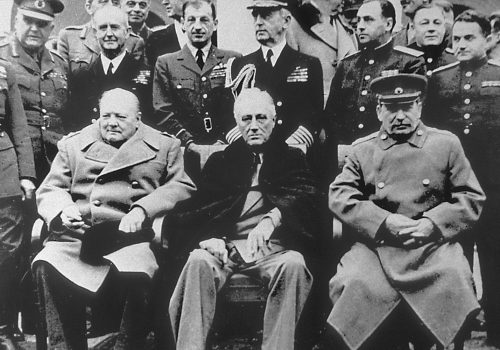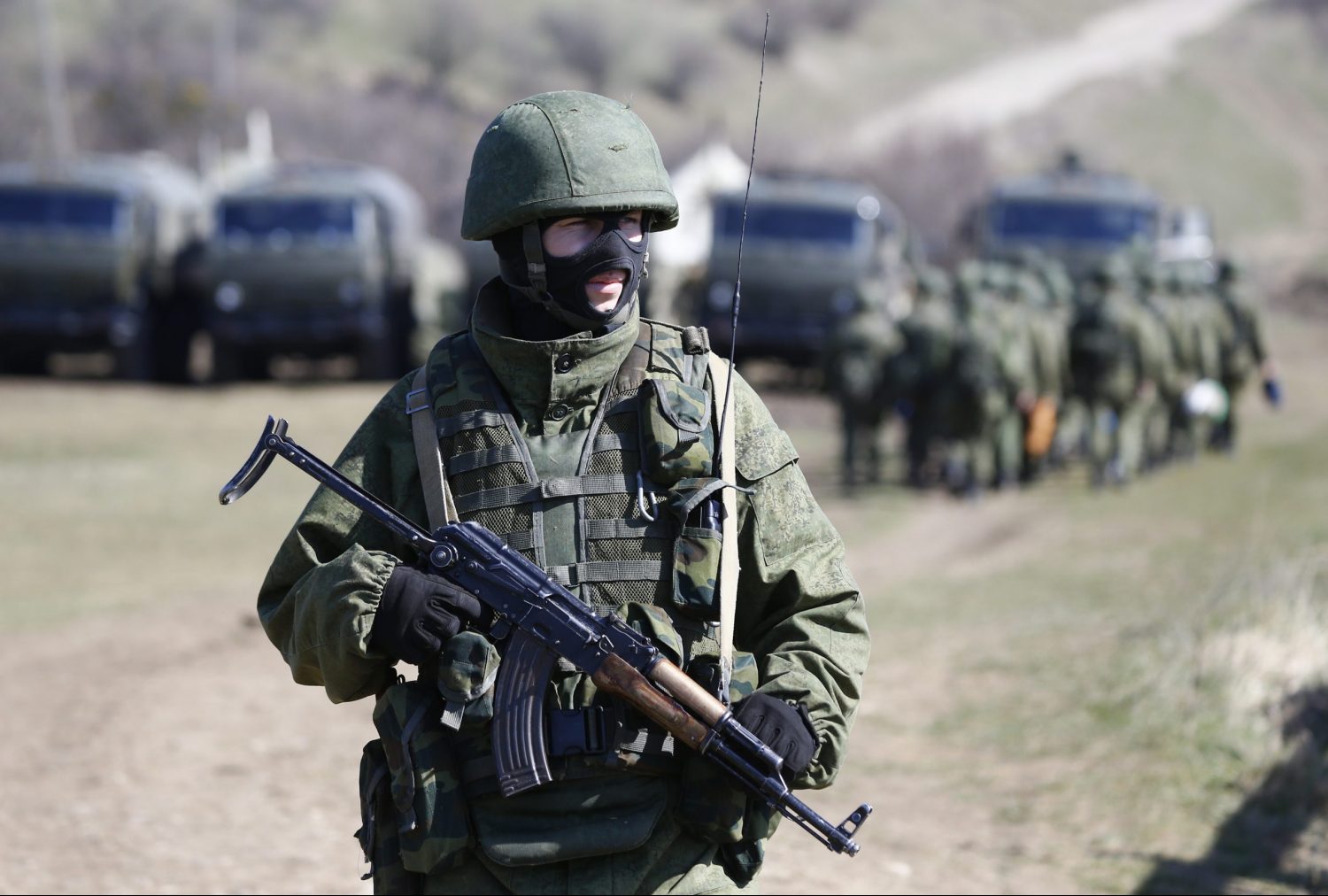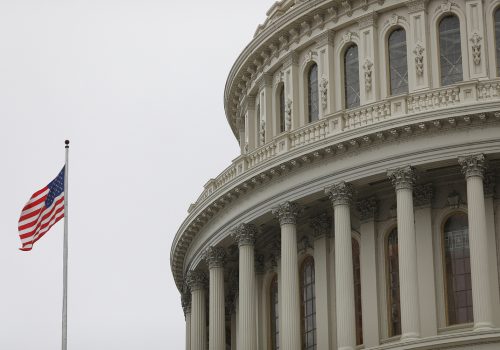When policymakers in the United States declared in the aftermath of the Cold War that the age of “spheres of influence” had ended, were they misdiagnosing the issue? Strong countries throughout history have exerted influence over their neighbors—be it the US Monroe Doctrine or Russia and its Near Abroad. The Center for the National Interest, the Atlantic Council’s Eurasia Center, and Russia Matters, a project at Harvard University’s Belfer Center for Science and International Affairs, have gathered leading experts to debate whether spheres of influence are a geopolitical force today, and if so, how US policymakers should respond.
Debating this issue will be Dr. Graham Allison, Douglas Dillon Professor of Government, Harvard University. His article, “The New Spheres of Influence,” was published in the March/April edition of Foreign Affairs, and Paul Saunders, Senior Fellow, the Center for the National Interest. His article, “US Embrace of Great Power Competition Also Means Contending with Spheres of Influence,” was published on the Russia Matters site in February. In response, Ambassador Steven Pifer, William J. Perry Fellow, Freeman Spogli Institute for International Studies, Stanford University, and non-resident senior fellow at the Brookings Institution, argued against accepting spheres of influence in a reply to Saunders published on Russia Matters. He will be joined by Ambassador John Herbst, Director of the Atlantic Council’s Eurasia Center, a strong opponent of ceding spheres of influence to America’s rivals.
The event is introduced by Melinda Haring, deputy director of the Atlantic Council’s Eurasia Center and features short presentations by each of the panelists, followed by a question-and-answer session with guests, moderated by George Beebe, Vice President and Director of Studies, the Center for the National Interest.
RELATED experts
Co-hosted in partnership with



The Eurasia Center’s mission is to promote policies that strengthen stability, democratic values, and prosperity in Eurasia, from Eastern Europe in the West to the Caucasus, Russia, and Central Asia in the East.




